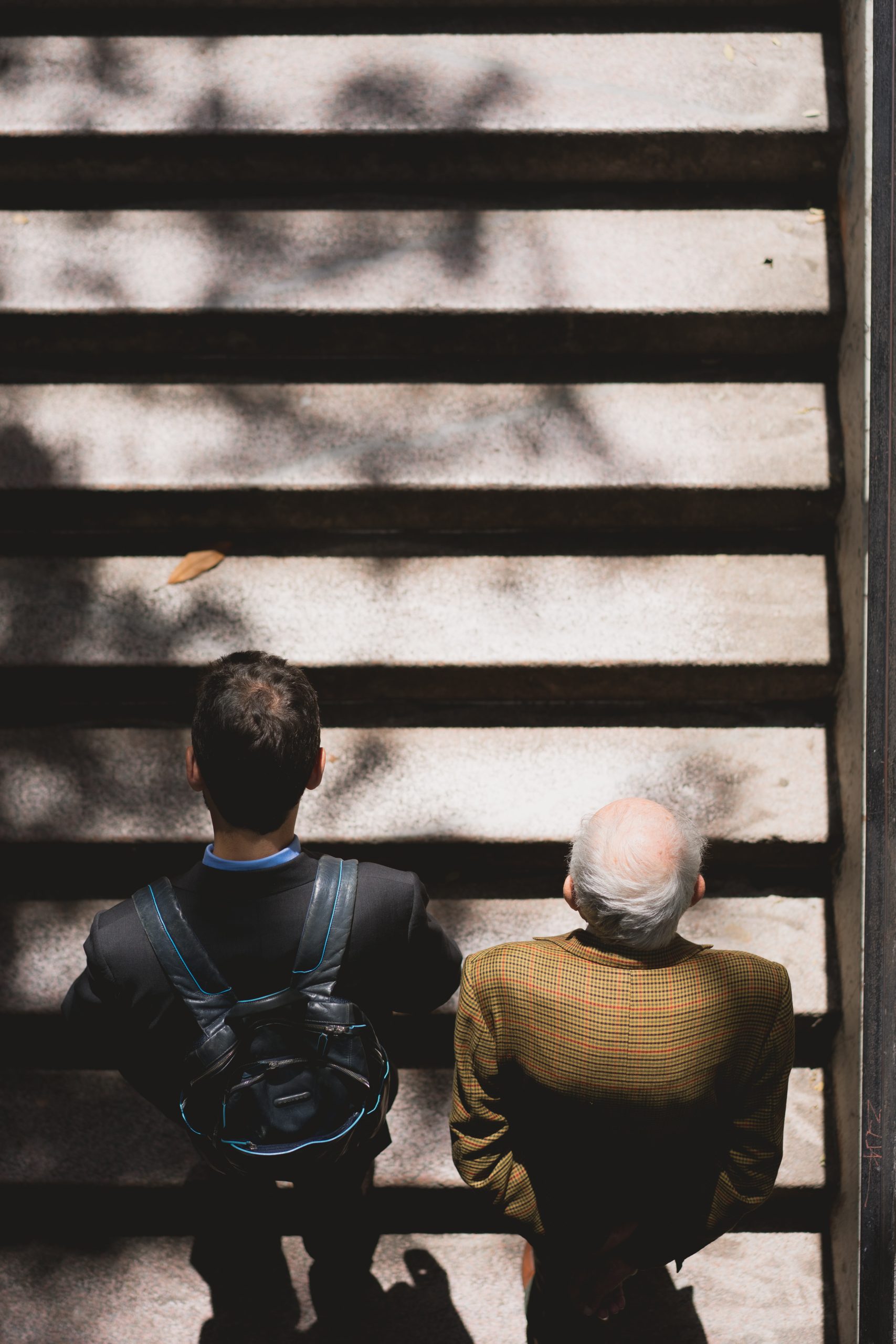Welcome to our blog where we spill the beans on everything you need to know about courtroom expressions! Have you ever found yourself lost in a legal jargon jungle during your court hearings? Fear not, as we are here to translate those confusing terms into plain English. Whether you’re an aspiring lawyer or just curious about legal proceedings, this guide will help you navigate through common courtroom expressions like a pro. So buckle up and let’s dive right in!
Courtroom Lingo
If you’ve never been to court before, the experience can be daunting. Not only is the legal system complex, but there is also a lot of specialized vocabulary that can be confusing. To help you feel more prepared and confident, here are some common courtroom expressions and their meanings:
Arraignment: This is the formal process of charging someone with a crime. The defendant will be asked to enter a plea of guilty or not guilty.
Bail: Bail is money that is paid to the court in order to secure the release of the accused pending trial. If the accused fails to appear for trial, they forfeit their bail and a warrant is issued for their arrest.
Bench trial: A bench trial is a trial where there is no jury, and the judge decides the outcome of the case.
Charge: A charge is an accusation of a crime that has been brought against someone.
Closing argument: A closing argument is the final statement made by each attorney before the jury deliberates on a verdict.
Deliberation: Deliberation is when the jury meets in private to discuss evidence and decide on a verdict.
Eligible for parole: This means that an inmate serving time in prison may be released early if they meet certain conditions set by law.
Guilty: A guilty verdict means that the defendant has been found responsible for committing the crime they were charged with.
Innocent: An innocent verdict means that the
The Bailiff
The bailiff is the law enforcement officer who is responsible for maintaining order in the courtroom and keeping the peace. The bailiff will often be the first person you see when you enter the courtroom and the last person you see when you leave. The bailiff’s job is to make sure that everyone in the courtroom behaves and follows the rules.
The Judge
The judge is the highest authority in the courtroom and presides over proceedings. Their primary role is to ensure that the law is followed and that justice is upheld. They may also give rulings on points of law and make decisions on sentencing.
The Court Reporter
A court reporter is responsible for creating a written record of proceedings in a court of law. Court reporters use a machine called a stenotype to type very rapidly in order to keep up with the proceedings. In addition to transcribing what is said, court reporters also create a record of who is speaking, what was said, and when it was said.
Court reporters must be accurate and impartial when recording proceedings. In some cases, they may also be required to provide translation services for individuals who do not speak English.
Some common courtroom expressions and their meanings are:
– All rise: Everyone in the courtroom must stand when the judge enters or leaves the room.
– Bailiff: A court officer who is responsible for maintaining order in the courtroom and ensuring that all individuals present adhere to the rules set forth by the court.
– Bench trial: A trial that is held without a jury present. The judge will preside over the trial and render a verdict based on the evidence presented.
-Continuance: A postponement of a court case until another date. This may be granted for various reasons, such as if one of the parties is unable to attend on the scheduled date or if new evidence has come to light that needs to be addressed.
– Cross-examination: The process of questioning a witness who has already been questioned by another party in order to elicit new information or challenge their previous testimony.
– Direct examination:
The Public Defender
The public defender is the lawyer who represents the defendant in a criminal case. The public defender is appointed by the court to represent the defendant if the defendant cannot afford to hire a private lawyer. The public defender’s office is usually located in the courthouse.










